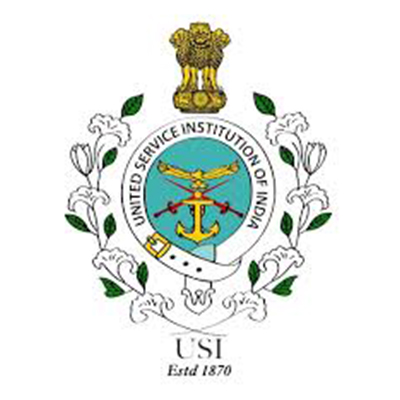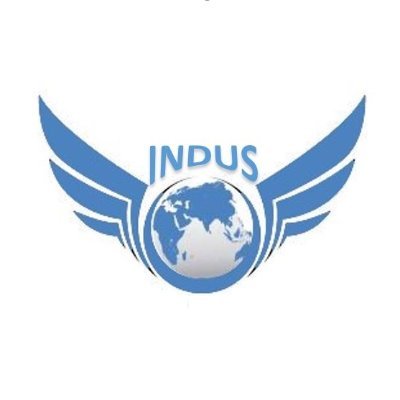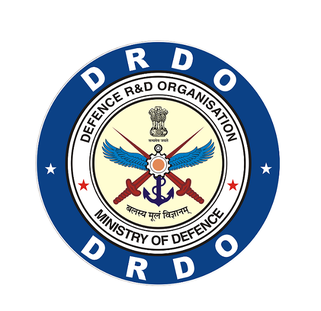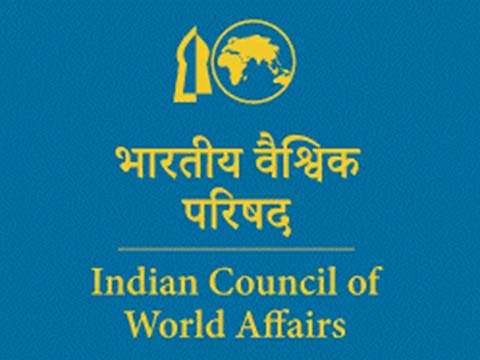REIMAGINING INDIA-INDONESIA RELATIONS IN THE CONTEXT OF BRICS PLUS

Icon-download Introduction One of the world’s oldest and greatest civilisations, it possesses a distinctive culture and stands as the largest democracy on Earth. It stretches from the southern tropical rainforests to the snow-capped Himalayan peaks.1 India stands out from the rest of the world as the seventh-largest country by area and the most populous nation. […]
THE HIMALAYAS: PROGRESSES AND PERILS IN THE ABODE

Icon-download “ astyuttarasyam disi devatatma himalayo nama nagaradhirajah | purvaparau toyanidhi vigahya sthitah prthivya iva manadandah || – Mahavakavi Kalidasa virachita Kumarasambhavam(1 – 1) ” Introduction The verses mentioned above regard the “Himalayas” as the measuring stick of the earth.2 It mentions that they possess a divine soul.3 In India’s context, the region presents a […]
AI THRUST AREAS FOR DEFENCE: STRATEGIC RESEARCH PLAN FOR MILITARY MODERNISATION AND INDEPENDENCE

Icon-download Introduction Global Strategy is influenced in different ways due to the application of artificial intelligence like cyber AI, Military semiconductors, ethical AI warfare, Automated systems, and strategic AI decision technology. This article focuses on the significance of advanced technology and how several countries have implemented it in their security forces to address current problems […]
THE REVOLUTION IN BATTLEFIELD MEDICINE THROUGH ARTIFICIAL INTELLIGENCE IN MILITARY HEALTHCARE AND BIODEFENSE

Icon-download Introduction Current warfare has contributed to awareness of advanced and complicated health problems. Artificial intelligence is an essential component in transforming healthcare on the battlefield, and its importance is increasing day by day to upgrade their military strength.1 Automation tools are improving diagnostic capabilities, enabling quick and accurate decision-making ability during warfare, and ultimately saving more lives.2,3 Today’s […]
THE RELOS AGREEMENT: SHAPING A NEW ERA IN DEFENCE AND SECURITY

Icon-download Introduction India-Russia ties have long been recognised as one of the most durable and time-tested strategic alliances in the global order. Its foundation were laid during a watershed event in 1971, when the Soviet Union provided steadfast diplomatic and military assistance to India during the Indo-Pakistan War.1 At a time when global alliances were […]
REVAMPING CAPABILITIES IN THE TACTICAL BATTLEFIELD SPACE

Icon-download Introduction The trigger for this work has been the news in the open source relating to the issue of a Request for Information (RFI) by the Army on 09 Oct 2025 for a Counter Unmanned Aerial System (C-UAS) grid in the Tactical Battlefield Space (TBS). An attempt has been made to explain various details […]
FROM COMMERCE TO CONTROL: DUAL USE PORTS AND MILITARYCIVIL FUSION

Icon-download Introduction Rise of China as a maritime great power, fuelled by enormous infrastructure projects along the African littoral, represents a fundamental shift in the great power rivalry dynamics in the Indian Ocean Region (IOR). These investments, often undertaken in the framework of the Belt and Road Initiative (BRI), are more than just commercial ventures, […]
Sea-Level Rise and Maritime Boundaries: Rethinking India’s EEZ Security in the Bay of Bengal

Icon-download Introduction Climate change, at present, is not limited to a critical ecological discussion; it is now a major non-traditional security threat with immediate ramifications for territorial integrity and autonomy, natural resources, food security, and geostrategic approaches.1 In contrast to traditional challenges, climate change is fragmented, cross-regional, and slowly escalating; yet, its effects are significantly […]
TRANSBOUNDARY CLIMATE COOPERATION IN SOUTH ASIA: OPPORTUNITIES AND CHALLENGES FOR INDIA

Icon-download Introduction Climate change has evolved from an ecological issue to a critical strategic variable of stability in South Asia. The region’s geographical location, shaped by its diverse landforms, including transboundary rivers, seasonal rainfall, and the complex mountain ecosystem of the Himalayas, places it among one of the world’s foremost climate-sensitive regions. Rivers, including the […]
INTEGRATING CLIMATE RISK INTO INDIA’S INDO-PACIFIC MARITIME STRATEGY: TURNING VULNERABILITY INTO STRATEGIC LEVERAGE

Icon-download Introduction The contemporary Indo-Pacific region is steadily influenced by intersecting trajectories- geopolitical competition and environmental upheaval.1 Traditionally, the Indo-Pacific region, as geographically, has been comprehended through the lens of competition among the major powerful nations, significant shipping routes and geostrategic naval position. Nevertheless, as the world shifting towards the Anthropocene period, the matter of […]




































